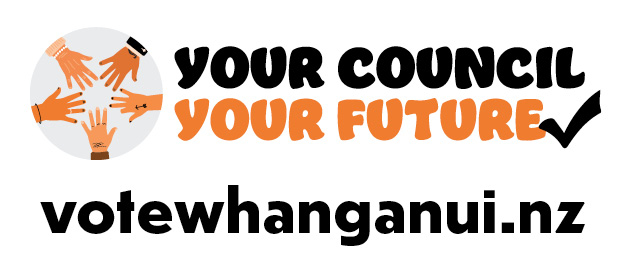
Mayor of Whanganui

Housing and planning
Local councils are responsible for land use planning under the Resource Management Act, which affects where and how new houses are constructed, as well as the design of cities and towns. In some areas, councils also provide housing to those who need it most.

Housing and planning
Local councils are responsible for land use planning under the Resource Management Act, which affects where and how new houses are constructed, as well as the design of cities and towns. In some areas, councils also provide housing to those who need it most.
Make it easy to build second floor apartments.
Partner with community housing providers and iwi to provide up to 75 units of affordable housing by 2025.
Set a target for zero homeless (by choice) by 2025.
Increase the council's pensioner housing portfolio, partner with Kāinga Ora and iwi to provide social housing and mixed developments.
Work with MSD, the health sector, and NGOs to find a robust solution for emergency housing.
Incentivise and encourage infill housing, adaptive reuse of buildings and brownfields development rather than urban sprawl.
Build quality and affordable homes that people can buy from council or within a rent-to-buy scheme.
Activate unused green spaces to develop family friendly activities targeting the rangatahi (youth) of Whanganui.
Develop an indigenous housing plan with local iwi to ensure that Māori have opportunities for home ownership in partnership with council.
Make it easy to build second floor apartments.
Partner with community housing providers and iwi to provide up to 75 units of affordable housing by 2025.
Set a target for zero homeless (by choice) by 2025.
Increase the council's pensioner housing portfolio, partner with Kāinga Ora and iwi to provide social housing and mixed developments.
Work with MSD, the health sector, and NGOs to find a robust solution for emergency housing.
Incentivise and encourage infill housing, adaptive reuse of buildings and brownfields development rather than urban sprawl.
Build quality and affordable homes that people can buy from council or within a rent-to-buy scheme.
Activate unused green spaces to develop family friendly activities targeting the rangatahi (youth) of Whanganui.
Develop an indigenous housing plan with local iwi to ensure that Māori have opportunities for home ownership in partnership with council.
Mayor
Compare the mayoral candidates in your area
Local council
Compare the candidates for your city or district council
Regional council
Compare the candidates for your regional council
Local board
Compare the candidates for your local or community board









